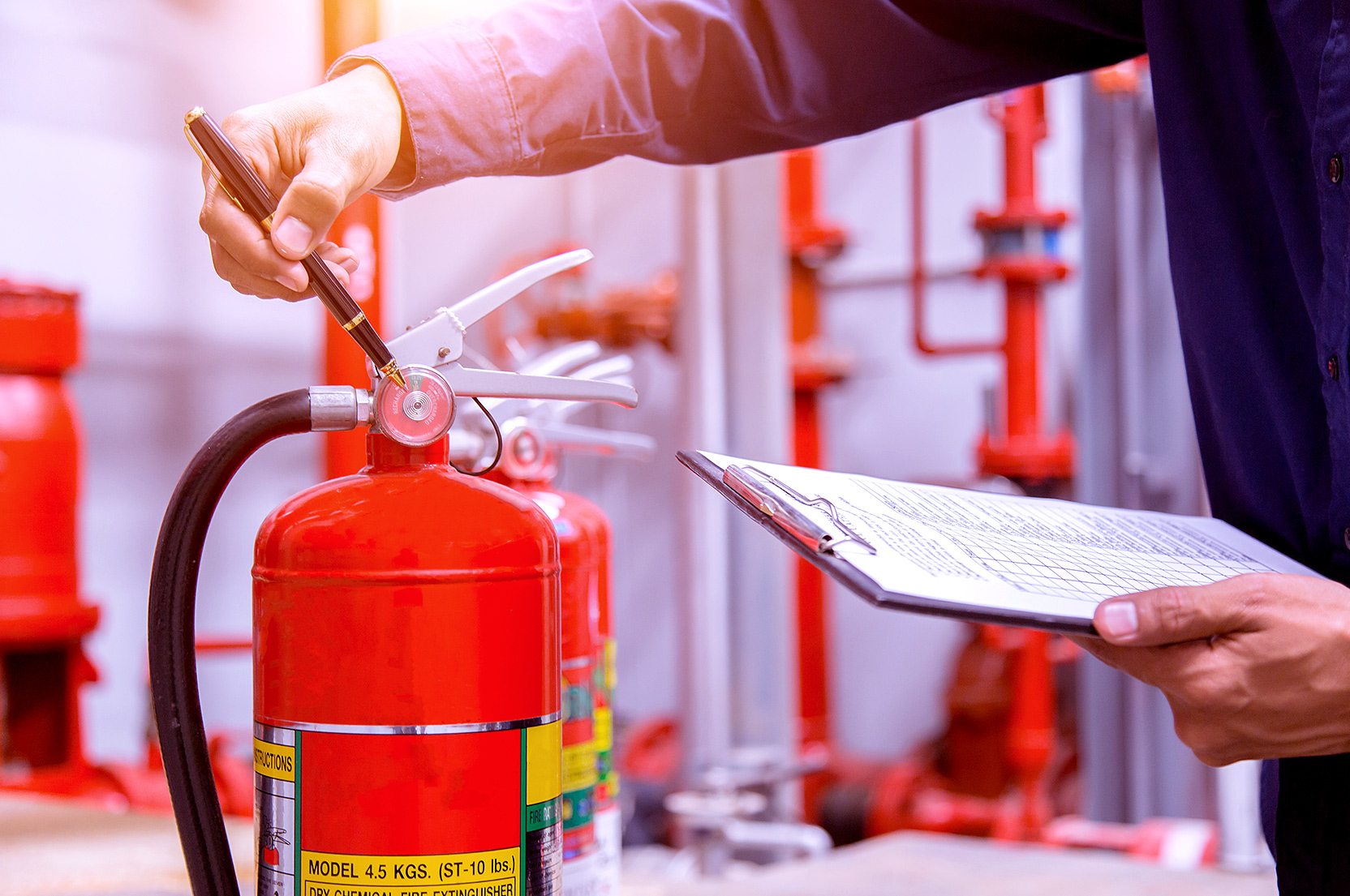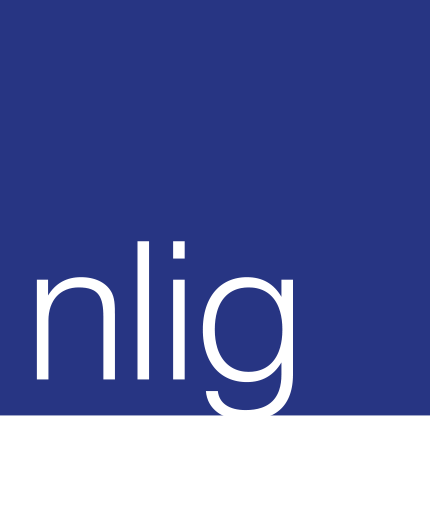Fire safety within your commercial business

As a business owner, you are responsible for your premises and are legally obliged to ensure your commercial building is safe for those who use it and mitigate against fire risk. You must also carry out regular fire risk assessments and ensure the correct fire safety measures and equipment are in place in case of a fire.
Fire risk assessment
As the ‘duty holder’ aka the person responsible for the premises or business, you must complete regular fire risk assessments to evaluate the hazards that a fire would present.
This involves identifying potential fire risks sources such as
- Ignition, such as heaters, lighting, naked flames, electrical equipment and items that get hot
- Fuel that would burn easily, such as paper, rubbish, plastic, wood, rubber and foam
- Oxygen.
Your fire risk assessment should be written if you have more than five permanent staff members. It should also identify the people at risk and identify solutions to improve safety, such as installing or improving fire alarms, fire extinguishers and other fire safety equipment.
Do you have a fire policy?
It’s important to create an emergency plan and ensure training is provided for the people using the building regarding the correct procedure when a fire alarm sounds. The plan should identify designated escape routes, fire exits (taking into account all levels of mobility), and your fire assembly point.
Maintaining fire safety equipment
Your Fire safety equipment should be regularly maintained by law and serviced and tested, such as: fire and smoke alarms, fire extinguishers, fire blankets, fire hose reels, sprinklers, signage and emergency exits. All fire alarm and detection systems should be installed and maintained in accordance with BS 5839 and serviced at least every six months by a ‘competent person’. Duty holders should also test fire alarms on a weekly basis to check they are working and familiarise building users with their sound.
Fire alarm inspection
A professional fire alarm engineer should carry out an inspection every six months, testing and calibrating sensors, setting the sensitivity, checking for corrosion and battery life, simulating input and testing input to the fire department.
Practical steps
You can take several practical steps to minimise the fire risk. These include having a designated outdoor smoking area, ensuring any staff food being prepared is not left unattended, checking storerooms regularly and keeping them tidy, not allowing bins to overflow with paper and other flammable objects, and clearing around appliances to ensure there is no dust build-up. You could also store stock separately in a different location.
Insurance
With many years’ experience insuring commercial premises, we can ensure you have adequate cover in place, including building insurance, to cover the cost of repairing or rebuilding the premises in the event of damage. We can also arrange contents cover to protect equipment, tools, and possessions at the premises if they are damaged by fire, and other risks, such as flood, theft and vandalism.
You may wish to take out business interruption cover, helping to compensate for any financial losses you incur if you cannot operate your business for some time due to damage caused by fire or other insured risks. This covers you for loss of income during periods when you cannot carry out business as usual due to an unexpected event. Naturally, the cover and policy limits may vary depending on the insurance policy in force.
Our business is your protection, so discuss your commercial buildings insurance and ensure you have adequate cover in place, please give us a call on 01992 703 300 or email insurance@nlig.co.uk

